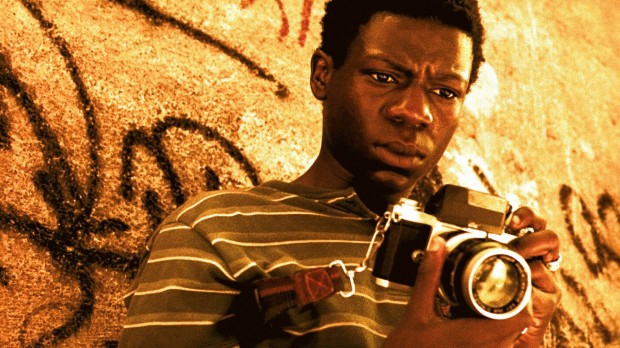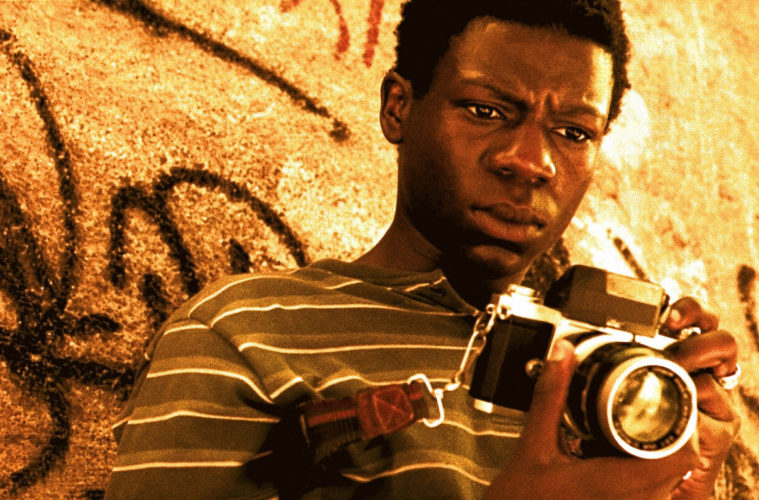
Dailies is a round-up of essential film writing, news bits, and other highlights from our colleagues across the Internet — and, occasionally, our own writers. If you’d like to submit a piece for consideration, get in touch with us in the comments below or on Twitter at @TheFilmStage.
At The Guardian, assistant director Lamartine Ferreira and actress Alice Braga look back at the making of City of God:
Our goal with City of God was to do away with the prejudice that exists about favelas. Yes, there is crime in Rio, and we portrayed that, but we wanted to show that people from the slums can lead normal lives and improve their situation if they take advantage of their opportunities.
After reading our interview with director Michael Tully, watch the great opening titles from Ping Pong Summer at Art of the Title.
At Criterion, read Jonathan Rosenbaum‘s essay on L’eclisse:
It’s lamentable that Michelangelo Antonioni, one of the most fashionable vanguard European filmmakers during the sixties, has mainly been out of fashion ever since. Part of this may be due to the sixties themselves—an era of artistic innovation when making ambitious films about the zeitgeist was still considered both possible and desirable—and all they’ve come to represent in the ensuing decades. It seems that curiosity and metaphysical doubts about the world, which can at times resemble agnosticism about reality itself, are more easily tolerated when the glamour of that world is more readily apparent.
Watch a video tribute to the cinematography of Seamus McGarvey:
At Deadline, Radius-TWC offers up a rare look at their VOD grosses for 20 Feet From Stardom, The Unknown Known, and more.
At To Be Cont’d, Marilyn Ferdinand looks at alternate realities in film:
It never occurred to me that there might be any confusion about real vs. reel until last winter, when I sat in on a film studies class watching Lucrecia Martel’s The Headless Woman (2008). In the discussion that followed, a student asked if what the protagonist experienced in the film really happened. While the film has been described as a “waking nightmare,” it seemed fairly obvious to me, the instructor, and the rest of the class that the events were supposed to have actually happened. This experience made me wonder whether audiences, especially younger ones who have been exposed to immersive games from childhood, have given up on the notion that most motion pictures try to represent, however heightened, the real world. Do they believe that all films are alternate universes inhabited mainly by superheroes, monsters, and human beings whose stories have no more substance than the flat surfaces on which they unfold?
Watch Gia Coppola‘s video for Blood Orange‘s You’re Not Good Enough.

